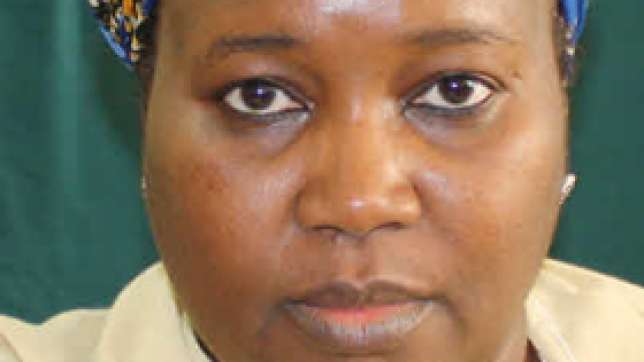The Independent National Electoral Commission said it would display its improved election processes in the upcoming governorship elections in Kogi and Bayelsa States.
This was contained in the commission’s bulletin issued on Thursday in Abuja.
The bulletin said the acting Chairman of INEC, Hajiya Amina Zakari, stated this at the public presentation of the Nigerian Civil Society Situation Room report on the 2015 general elections in Abuja.
Zakari said the commission would apply lessons learnt from previous elections in raising the bar during the Kogi and Bayelsa States polls.

“In conducting elections in both states, the commission will apply lessons learnt from the previous elections beginning with the stand-alone governorship elections in Anambra, Ekiti and Osun States and the general elections,” she said.
She said INEC would also carry out Continuous Voter Registration exercise in both states.
Zakari also promised that registered voters would get their Permanent Voters Cards, while provision would be made for voters’ transfers in the states.
The INEC boss called for continued support from development partners and civil society organisations towards improving the country’s electoral process.
“INEC in partnership with key stakeholders in the political parties, security and civic organizations will strive to ensure that both elections in Kogi and Bayelsa are transparent and well run,” she said.
Zakari warned against electoral malpractices in both states and said INEC would continue to drive transparency and effectiveness in the country’s electoral processes.
“Any INEC official found wanting at the tribunals will be punished to the full extent of the law,” she added.
Zakari disclosed that the commission’s transitional plans were needed to lay foundation for the future.
She said: “Some of the commission’s efforts toward improvement of electoral processes include continued drive for improvement of INEC internal processes, as well as staff re-orientation and training.
“Others are the push for recommendations to the National Assembly on electoral reforms such as ballot access restrictions to reduce voter confusion and diaspora voting.
“It also include increased use of technology on the card reader and e-Track processes introduced in 2015 and improved internal and external communications to drive improved awareness with the public and staff.”
NAN.
—


